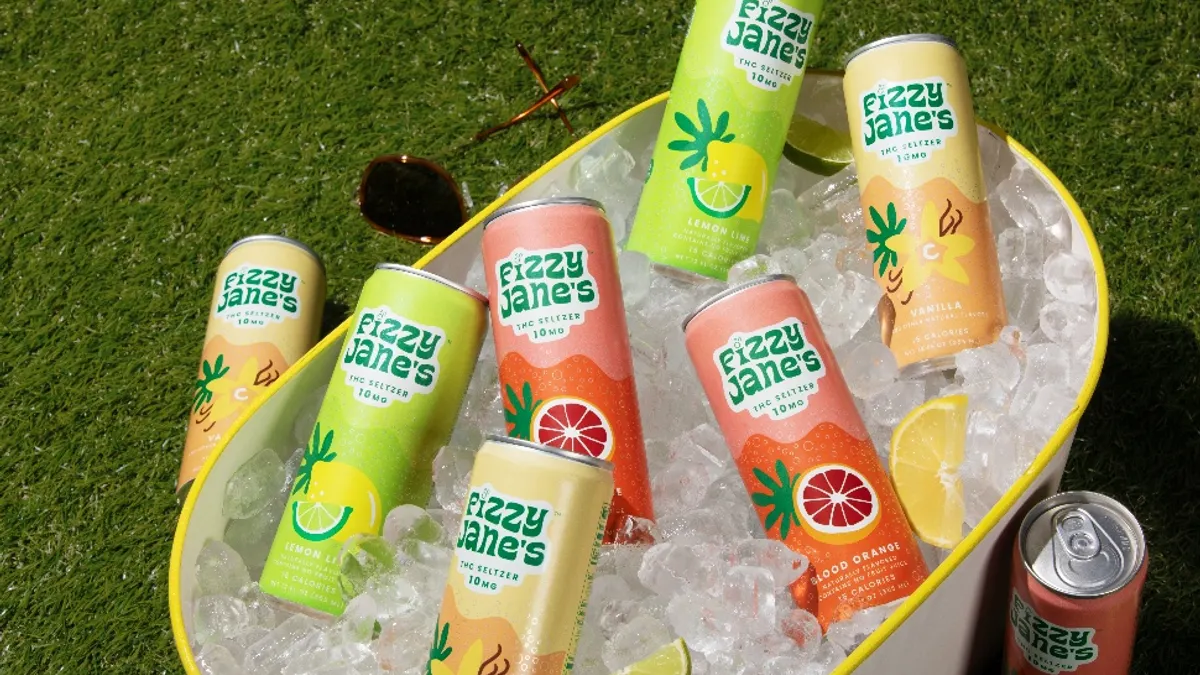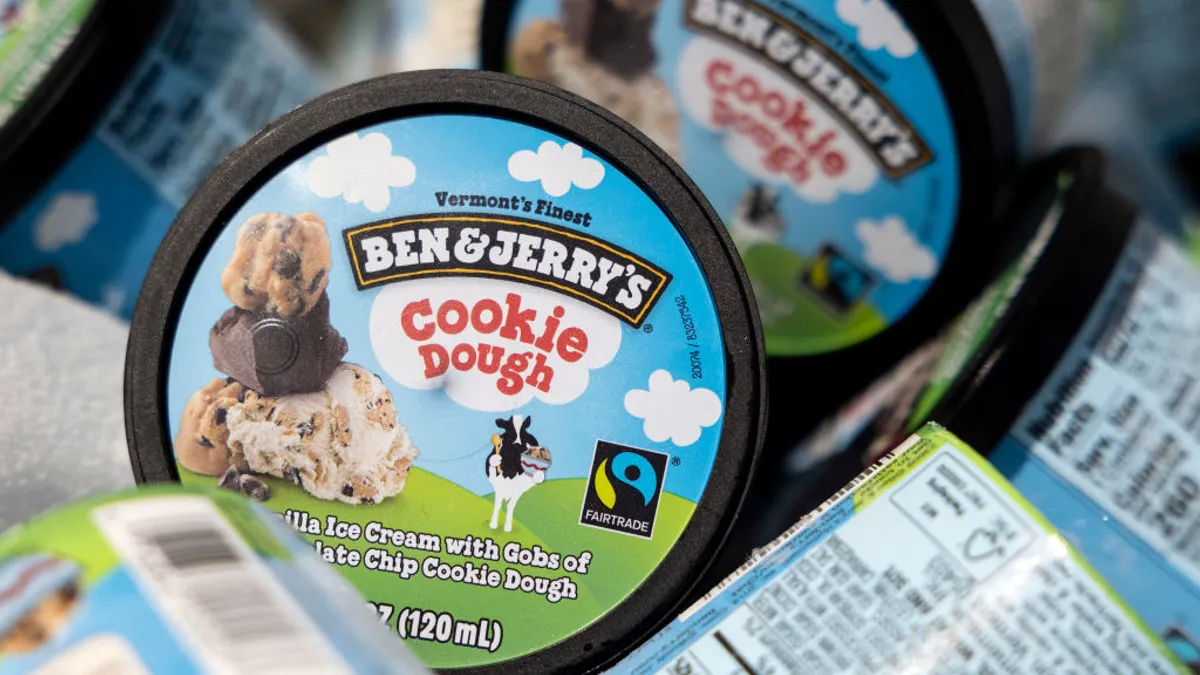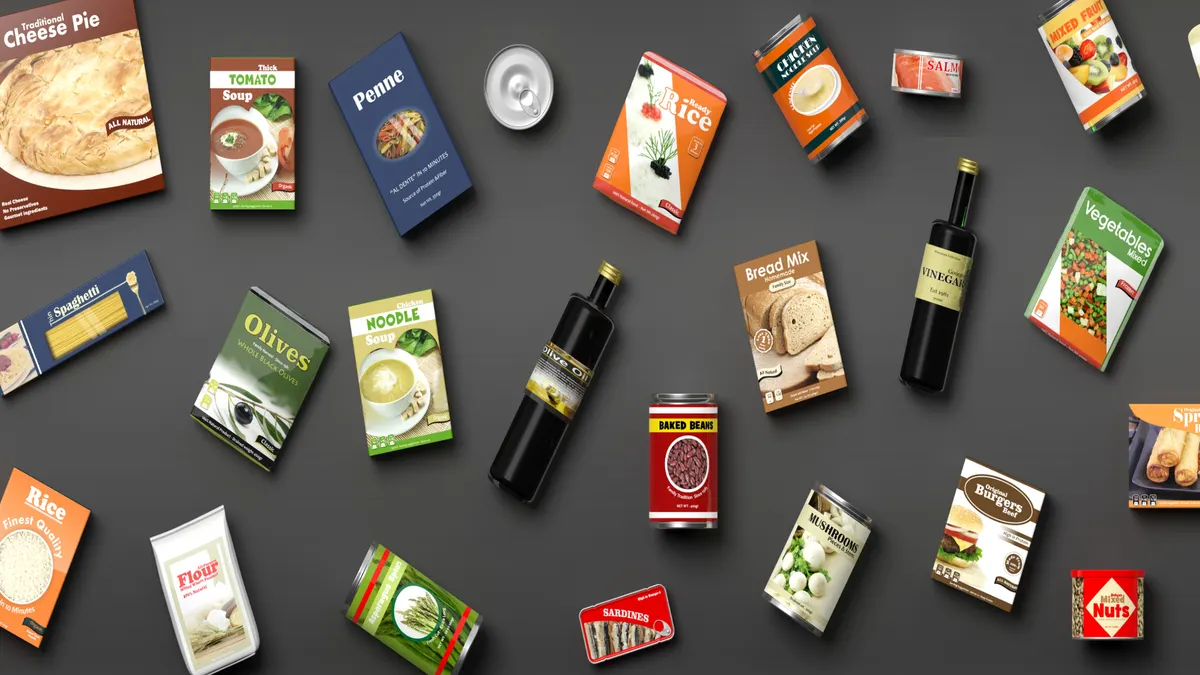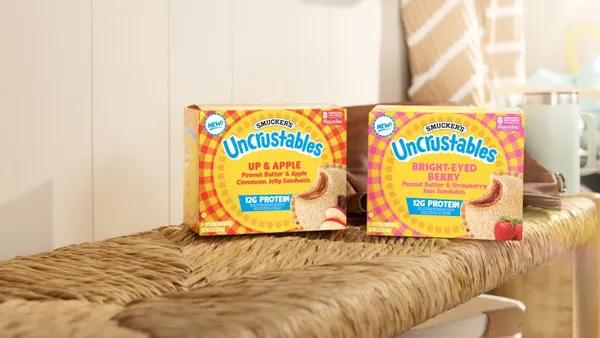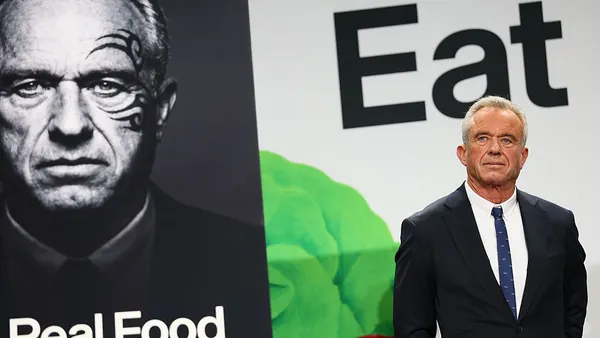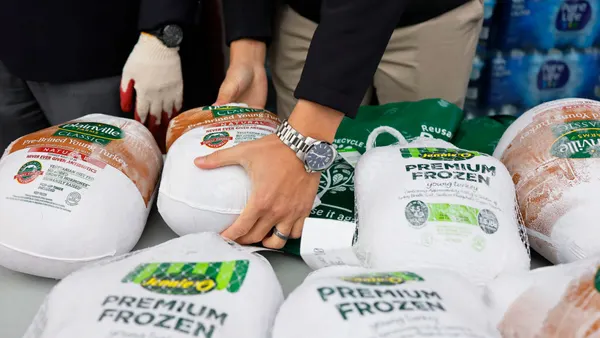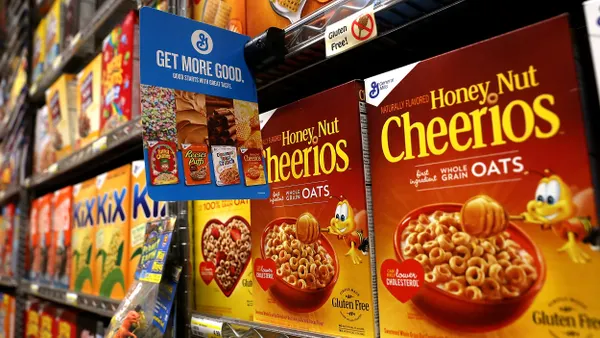U.S. lawmakers on Wednesday closed a legal loophole that allowed food and beverage companies to offer THC products derived from hemp, a win for beer and spirits giants who have fought against the budding industry to preserve sales as alcohol consumption dips.
The new rules strictly limit the levels of THC, the main psychoactive ingredient in marijuana, allowed in hemp-derived products. Beginning Nov. 13, 2026, hemp products can only be sold if they contain no more than 0.4 milligrams of THC per container.
The move stands to wipe out 95% of products from the $28.4 billion hemp industry, according to the U.S. Hemp Roundtable. The vast majority of hemp products on the marketplace surpass the 0.4 milligram threshold, with the trade group saying lower-THC products are "very rare."
Congress decriminalized hemp-derived products as part of the 2018 Farm Bill. This removed hemp from the controlled substances list in a bid to boost farmers' income and expand production of the plant, which can also be used in textiles and cosmetics. Food and beverage companies such as Cann and Wynk have used the law to inundate the market with products containing delta-9-THC, a popular cannabis derivative that's made by chemically converting the CBD found in hemp into the psychoactive THC.
Although the 2018 law specified hemp could not contain more than 0.3% delta-9 THC by "dry weight," it never specified what the term meant for products like gummies or drinks. As a result, a 12-ounce seltzer with 10 milligrams of THC would remain within legal limits and still qualify as hemp because it's only 0.3% of weight, according to the Cato Institute.
Some states have since moved to ban these derivatives, but the market for delta-THC is still far greater than traditional cannabis, which remains illegal for recreational use in 26 states. The U.S. hemp-derived psychoactive cannabinoid market had been projected to reach $3.8 billion in 2025 compared to just $200 million in 2020, according to Brightfield Group.
The growth of this industry has come at the expense of the alcohol sector, which has struggled with declining consumption. More consumers have expressed concern about alcohol's negative health impacts, and they're now turning to mood-altering substances like cannabis or other products with functional ingredients.
While some alcohol giants have attempted to play in the THC market shortly after restrictions loosened in 2018, many have since exited due to complex regulations and lower-than-expected revenue. Modelo brewer Constellation Brands, for example, distanced itself from cannabis grower Canopy Growth last year after investing $4 billion in the brand in 2018.
Those who have remained in the space, however, were just finally starting to get momentum — especially as more distributors and retailers including Target began carrying the products. Canadian cannabis giant Tilray, which recently expanded its presence in hemp-derived drinks, reported record revenue in the first quarter after years of struggles.
Tilray said it currently holds 60% market share for hemp-derived products in North America and is a leader in Delta-9 THC beverages in the U.S. The company is lobbying alongside other retailers to push for less restrictive limits on these products, saying hemp-derived THC gives consumers lower-dose options and encourages responsible consumption.
"We believe that prohibition and overly restrictive measures do not work as they only push products and American consumers into the shadows and empower unregulated actors selling high-dose, untested, and unsafe products, while undermining responsible operators who uphold consumer trust and product safety," Tilray said in a statement.
Alcohol groups have pushed hard for limits on hemp-based THC derivatives, with companies and trade associations organizing a lobbying blitz over the summer when lawmakers were debating the restrictions. The Beer Institute and other groups representing alcohol producers had urged lawmakers to either close the loophole and or legalize the products with strict regulations and higher tax rates.
"We stand ready to work with Congress and the Administration to enact regulations that protect consumers and ensure a safe, orderly marketplace for these intoxicating products," the letter read.


